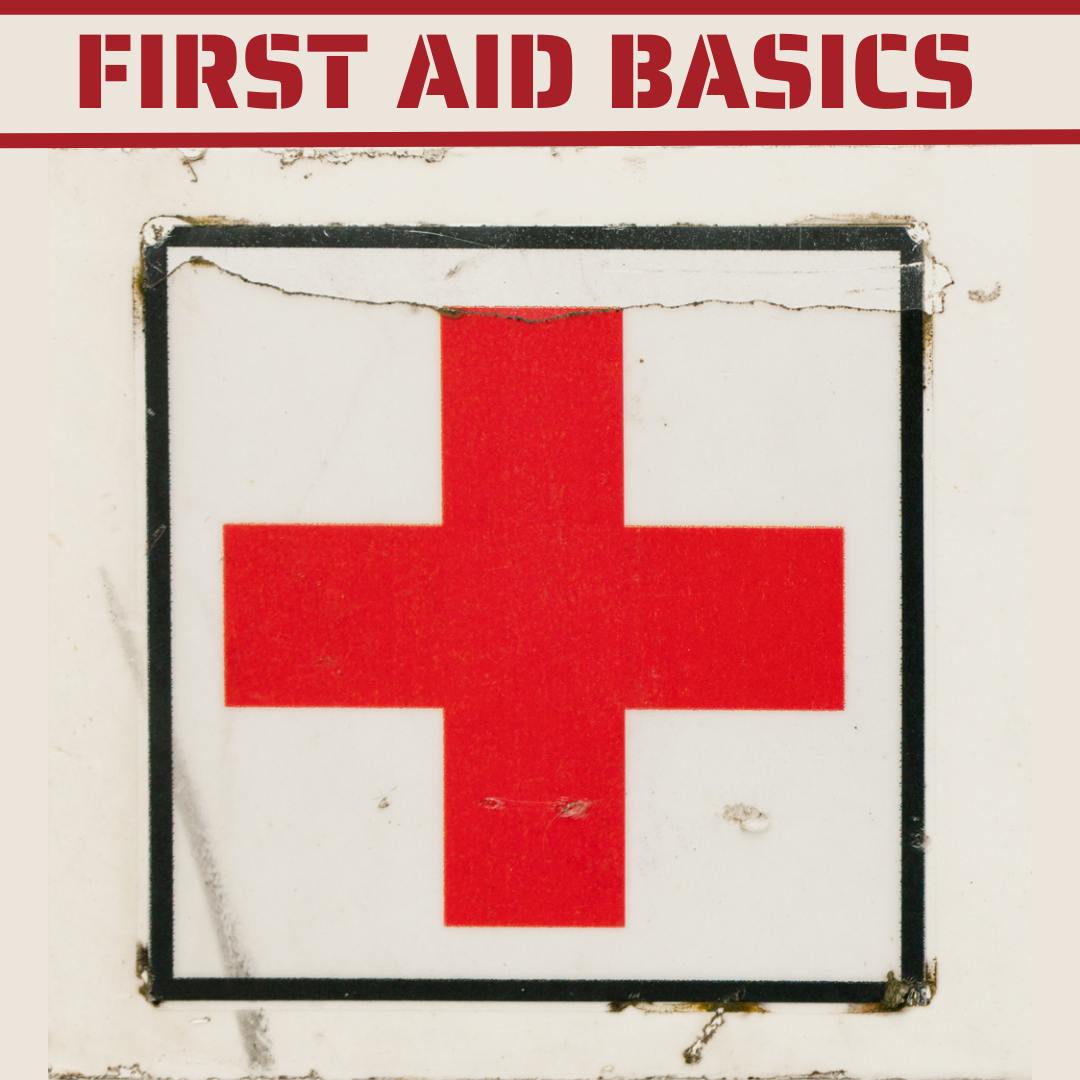The first steps …
Situational awareness
The first step in emergency preparedness is to assess your needs and consider your environment's specificities. Knowing which types of disasters could potentially affect your area is crucial in determining the appropriate steps to take to prepare for them. It's essential to have a plan in place to minimize the impact of disasters on your daily life, and this plan should be tailored to the specific risks and challenges that your environment presents.
For example, if you live in an area prone to earthquakes, you should take steps to secure heavy furniture and appliances, and have an emergency kit ready with supplies such as food, water, and first aid materials. If you live in an area exposed to hurricanes, you may need to secure your home against wind and water damage, have a personalized emergency plan in place, and prepare for possible evacuations.
Be Informed Not Obsessed
When dealing with an emergency, time is a crucial factor. Being informed of the situation promptly and accurately can make a significant difference in dealing with the situation effectively. Federal and local authorities have several ways of sending warnings and alerts like text messages, voice messages, emails, radio and television broadcasting, mobile applications…
To build an effective communication plan, it is essential to first identify what local alert systems are available in your area. This way, you can ensure that you will receive timely and reliable information in case of an emergency.
Learn the Basics
Basic knowledge and skills will increase your awareness of potential hazards and help you remain calm during emergency situations. Understanding how to protect yourself when a disaster strikes, how to deal with thirst, hunger, extreme heat or cold conditions will empower you to help others rather than needing help yourself.
Learning simple techniques, such as how to correctly apply an ice pack, use appropriate bandaging, and remember acronyms to guide your actions, can boost your confidence in your abilities and make you better equipped to provide emotional support to those around you. By remaining in control and knowledgeable about basic safety procedures, you will be able to help others during an emergency and contribute to a safer and more resilient community.



